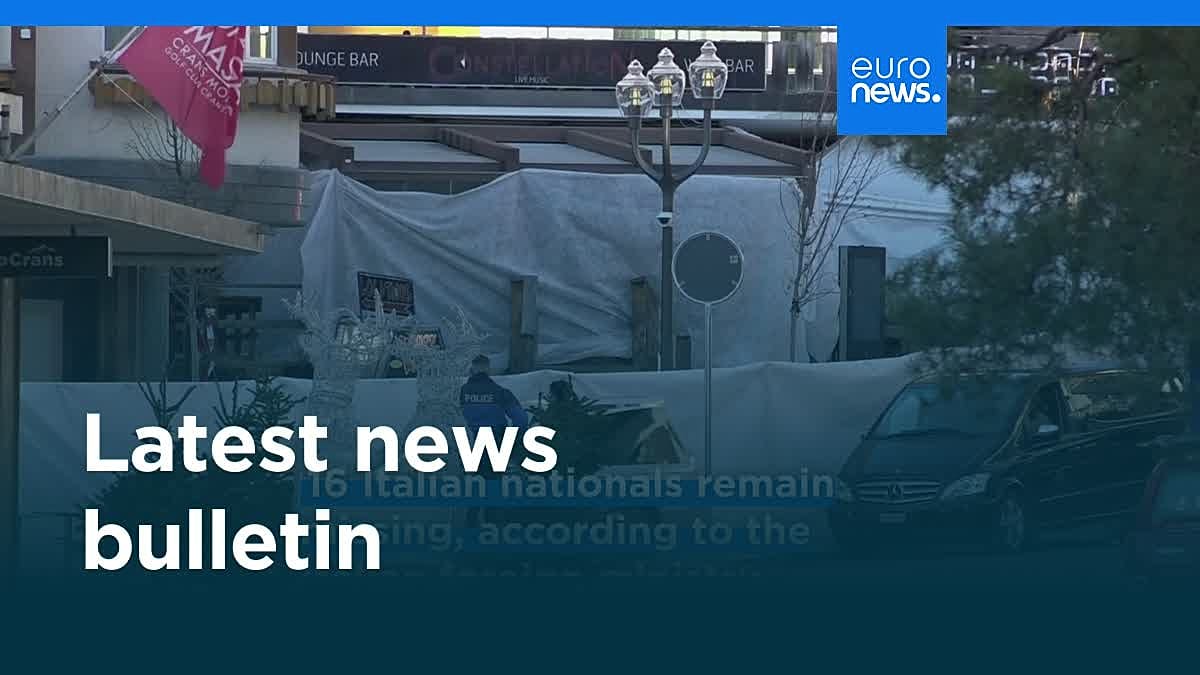The Future of Notarization in the EU: How Online Notary Platforms Are Transforming Legal Workflows


Notarization is a cornerstone of legal and business transactions across the European Union. It ensures that documents like powers of attorney, contracts, and property deeds are legally binding. However, traditional notarization often has significant hurdles that reduce efficiency.
On the other hand, online notary platforms enable remote notarization via secure digital tools to offer a faster, more accessible, and safer service. If so, do they work well in the EU? The blog today explores the challenges of traditional notarization, the rise of online notary services, and how they streamline your legal workflows for both individuals and businesses.
Without further ado, let’s get into it!
Challenges of traditional notarization
While reliable, traditional notarization challenges the EU’s interconnected economy, particularly for cross-border residents and businesses. Below are the common perspectives:
Geographical barriers
For EU citizens living abroad, document notarization often requires returning to their home country, which takes time and costs. Thanks to the “Right to buy property” regulated by the European Union, more EU citizens prefer buying/ selling properties in the member states. This might make cross-border notarization a common issue, especially for property deeds.
Exchanging business contracts between companies across the region also presents a similar challenge. Legal documents often need to be signed and notarized in person, which can slow down cross-border deals, delaying timelines, and creating administrative frictions.
Time-consuming processes
Traditional notarization involves scheduling in-person appointments, traveling to a notary’s office, and handling a range of physical documents. This process can take days or weeks, particularly when coordinating across time zones or dealing with busy notary schedules. Such delays potentially disrupt workflows and significantly hinder your business productivity.
Cost implications
The financial burden of traditional notarization is significant. Travel expenses, notary fees, and lost work hours add up quickly. The burden can feel disproportionate for individuals, especially when dealing with a small number of documents but unexpectedly high charges.
The rise of Online Notary platforms in the EU
What is an online notary?
An online notary service allows individuals and businesses to notarize documents remotely using digital platforms. With audiovisual technology, users connect with certified notaries via video calls, upload documents, verify identities, and finish notarization with e-signatures. These services are gaining traction worldwide, and the European countries are no exception.
Here is how online notaries gradually address the limitations of traditional notarization:
- Enhanced accessibility
Online document notarization is available to anyone with an Internet connection. Therefore, whether you’re living or working abroad or for businesses partnering with member states, you can use online notary services to access quick and borderless document authentication.
- Saved cost and time
You can notarize most types of documents through a screen, which significantly lowers both direct costs and time investments. There is no need for travel, paper handling, or scheduling. As a result, individuals and businesses can streamline their processes and boost efficiency.
- High security and compliance
Online notary platforms use robust identity verification methods, such as official document ID scanning and multi-factor authentication, to help confirm the signer’s identity precisely. Additionally, every session is recorded and securely stored, creating a transparent audit trail.
Most platforms operate in compliance with strict legal and regulatory standards specific to each country or region, making them secure and legally recognized for diverse transactions. That’s also why you can feel more trusting and confident when working with online notaries.
Is online notarization legal in the EU?
The eIDAS Regulation (Regulation (EU) No.910/2014 on electronic identification and trust services) provides the cornerstone for online notaries. It establishes standards for electronic signatures, seals, and trust services—legally recognized across all 27 EU member states. EIDAS ensures that qualified electronic signatures (QES), often used in document notarization, have the same effect as handwritten signatures in traditional notarization steps.
On the other hand, the General Data Protection Regulation (GDPR) (Regulation (EU) 2016/679) mandates stringent data protection for personal information processed remotely. Also, Know Your Customer (KYC), reinforced by the 5th Anti-Money Laundering Directive (AMLD5) (Directive (EU) 2018/843), requires rigorous identity verification to prevent fraud.
All of the above indicate that using online notary services in the EU is completely legal now. However, adoption of online notarization varies across the EU due to differences in national legal systems and digital infrastructure. This encourages users to select platforms that can comply with the diverse legal requirements of member states to save both time and cost. Some of the leading online notary services, like Legitfy, can offer cross-border online notarization of documents tailored to the EU landscape with high accuracy and compliance.
The future of Online Document Notarization in the EU
- European-regulatory impact
Being flexible with regulatory changes is essential for European businesses to achieve the best operational performance. And document notarization is also part of these processes. The eIDAS 2.0 Regulation, adopted in April 2024, introduces the European Digital Identity Wallet by 2026, tailoring to standardize document notarization across member states. Consequently, you can streamline cross-border legal workflows and enhance efficiency.
- Alternatives to online notaries
In some EU countries, hybrid models blending digital and physical document notarization steps exist, but they lack the speed of online notary platforms. Emerging blockchain-based notarization is another alternative, offering decentralized and tamper-proof validation. However, this is not yet mainstream, as it demands more testimonials and regulatory clarity.
- Demand for technological advancement
European tech hubs are shaping the future by integrating AI-powered document processing and notarization into digital platforms. These advancements align with the growing demand for innovation, helping enable real-time fraud detection and automated compliance checks.
Conclusion
The shift from traditional to online notarization marks a pivotal change in the worldwide legal landscape, including the EU. By overcoming geographical barriers, reducing costs, and enhancing efficiency, online notary platforms are effortlessly transforming legal workflows.
To ensure legality and compliance, online document notarization in the EU should align with regulations such as eIDAS, GDPR, and KYC. Just as important, users should choose an online notary service that complies with the specific legal requirements of their targeted country.
The post The Future of Notarization in the EU: How Online Notary Platforms Are Transforming Legal Workflows appeared first on European Business & Finance Magazine.












































